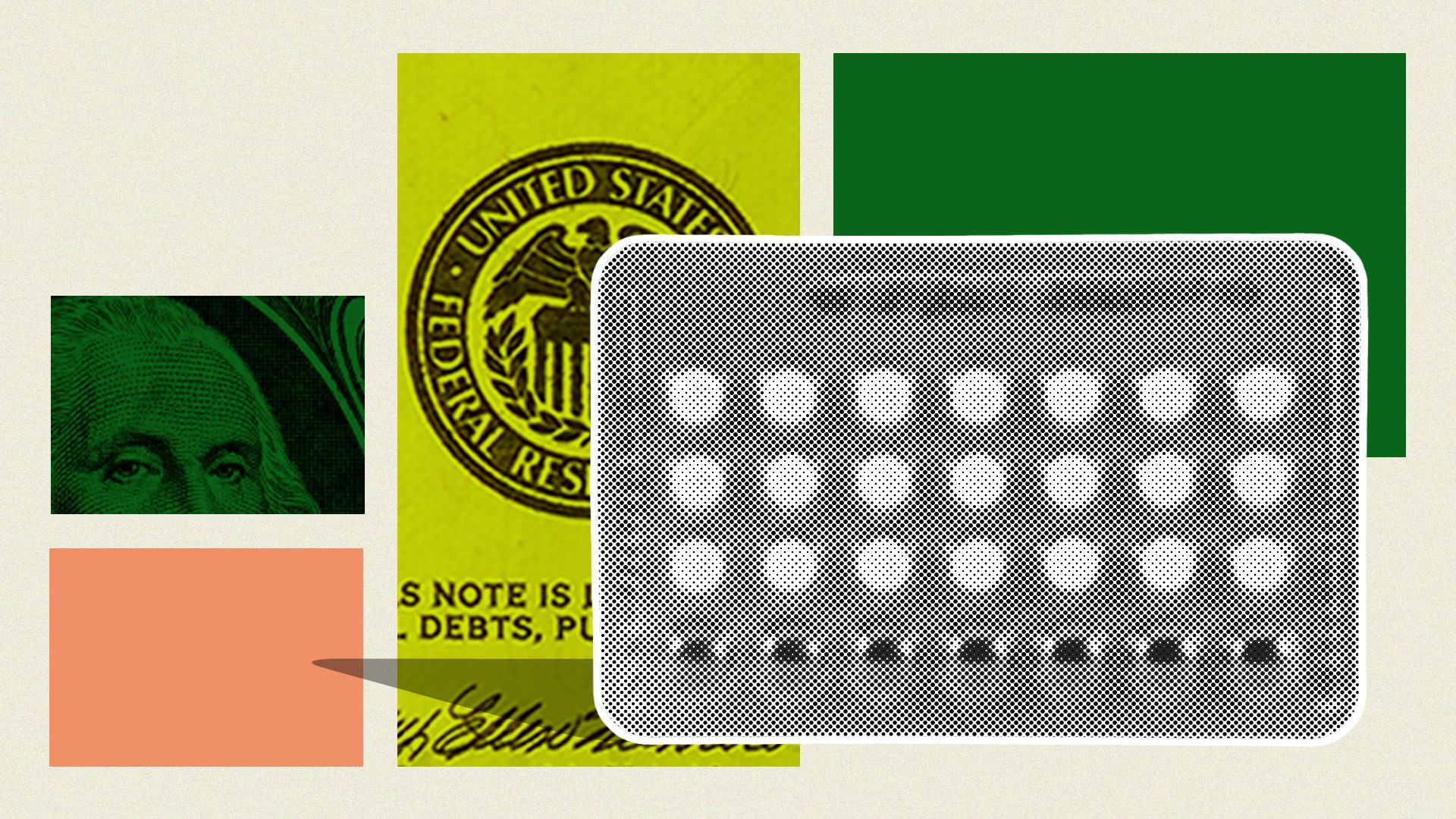Transgender Women And Pregnancy: A Community Activist's Proposal For Uterine Transplants

Table of Contents
The Current Landscape for Transgender Women Seeking Pregnancy
The journey to pregnancy for transgender women is fraught with challenges, both medical and societal. Accessing gender-affirming care, including hormone replacement therapy (HRT) that supports fertility, is often difficult. Many transgender women are unaware that certain HRT regimens can impact fertility, highlighting the need for comprehensive and informed medical care.
Challenges Faced:
- Limited Access to Fertility Treatments: Fertility treatments like IVF (in-vitro fertilization) and egg freezing are expensive and often inaccessible due to insurance limitations and financial constraints. Many transgender women face additional financial burdens due to the high cost of gender-affirming surgeries and other healthcare needs.
- Lack of Informed Medical Professionals: A critical barrier is the lack of healthcare providers experienced and knowledgeable in transgender reproductive health. Many transgender women report facing discrimination or lack of understanding from medical professionals, leading to delayed or inadequate care.
- Societal Stigma and Discrimination: Transgender individuals often face pervasive societal stigma and discrimination, which extends to healthcare access and legal recognition of parental rights. This can create significant psychological barriers to seeking reproductive healthcare.
- Legal Obstacles: Legal frameworks regarding parental rights and recognition can be discriminatory against transgender parents, further complicating the process of building a family.
Uterine Transplantation: A Potential Solution?
Uterine transplantation, a relatively new surgical procedure, offers a potential pathway to pregnancy for transgender women. While still in its early stages, advancements in reproductive technology and transplant surgery hold promise.
The Procedure and its Implications:
- Surgical Process: Uterine transplantation involves a complex surgical procedure where a uterus from a deceased or living donor is transplanted into the recipient. The procedure requires a multidisciplinary team of surgeons, gynecologists, and other medical specialists.
- Success Rates and Potential Complications: While success rates vary, uterine transplantation has shown promise in enabling pregnancy for cisgender women with uterine factor infertility. However, it's important to acknowledge the significant surgical risks involved, including infection, rejection, and potential long-term complications. Further research is crucial to refine techniques and improve outcomes.
- Long-Term Health Implications: The long-term health implications for both the recipient and the donor need careful consideration. This includes potential risks of immunosuppression for the recipient and physical recovery for the donor.
- Ethical Considerations: Ethical concerns surrounding donor selection, informed consent, and equitable allocation of resources are paramount. A robust ethical framework is essential to ensure fairness and prevent exploitation.
Addressing Ethical and Practical Concerns
Successfully implementing uterine transplantation for transgender women requires addressing several critical ethical and practical concerns.
Donor Availability and Allocation:
- Organ Donor Shortage: The existing shortage of organ donors presents a significant challenge. Strategies for increasing donor awareness and expanding donor pools must be developed.
- Ethical Donor Selection: Strict ethical guidelines are needed for donor selection, ensuring transparency, fairness, and the absence of coercion. Prioritizing recipients based on medical need and minimizing risks to donors is crucial.
- Addressing Potential for Exploitation: Careful safeguards must be implemented to prevent potential exploitation or coercion of donors, particularly from vulnerable populations. Independent ethical review boards are essential.
- Resource Allocation: The high cost of uterine transplantation requires careful consideration of resource allocation to ensure equitable access. Funding mechanisms and insurance coverage need to be addressed to make the procedure accessible to all transgender women who desire it.
The Community Activist's Perspective and Call for Action
Community activists play a vital role in advancing the cause of uterine transplantation for transgender women.
Advocacy for Research and Funding:
- Increased Research Funding: Significant investment in research is needed to improve transplant success rates, reduce surgical risks, and address long-term health implications. This necessitates collaboration between researchers, healthcare providers, and funding agencies.
- Equitable Access Policies: Policy changes are necessary to ensure equitable access to uterine transplantation for all transgender women, regardless of socioeconomic status or geographic location. This includes advocating for insurance coverage and removing financial barriers.
- Public Awareness and Stigma Reduction: Raising public awareness about the needs of transgender women seeking pregnancy and reducing societal stigma is crucial. Education campaigns and media outreach can help foster understanding and support.
- Collaborative Healthcare Environments: Working with healthcare providers to create inclusive and supportive environments is critical. Training medical professionals on transgender reproductive health is crucial to improve care and access.
Conclusion
The journey towards making pregnancy a reality for transgender women is complex, requiring a multi-faceted approach. While uterine transplantation offers a potential solution, significant challenges related to access, cost, ethics, and research remain. Addressing these challenges requires collaborative efforts from researchers, healthcare professionals, policymakers, and community activists. Let's actively support research into uterine transplants, advocate for policies that ensure equitable access to comprehensive transgender healthcare, including access to reproductive options, and work towards a future where transgender women can fully exercise their reproductive rights. The right to seek and achieve pregnancy should be available to all, and advancing uterine transplantation for transgender women is a significant step toward achieving this goal.

Featured Posts
-
 The Jeffrey Epstein Files Should We Vote On Their Release A Look At Pam Bondis Actions
May 10, 2025
The Jeffrey Epstein Files Should We Vote On Their Release A Look At Pam Bondis Actions
May 10, 2025 -
 Us Debt Ceiling August Deadline Looms Treasury Warns
May 10, 2025
Us Debt Ceiling August Deadline Looms Treasury Warns
May 10, 2025 -
 Seven Year Absence Ends Actors Reunite In High Potential Finale
May 10, 2025
Seven Year Absence Ends Actors Reunite In High Potential Finale
May 10, 2025 -
 Is Now The Right Time To Invest In Palantir Technologies Stock Pltr
May 10, 2025
Is Now The Right Time To Invest In Palantir Technologies Stock Pltr
May 10, 2025 -
 Over The Counter Birth Control Examining The Post Roe Landscape
May 10, 2025
Over The Counter Birth Control Examining The Post Roe Landscape
May 10, 2025
